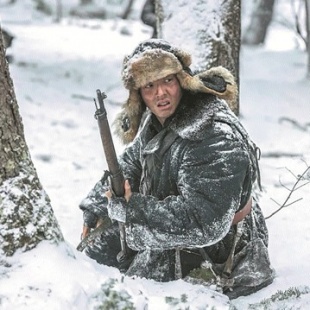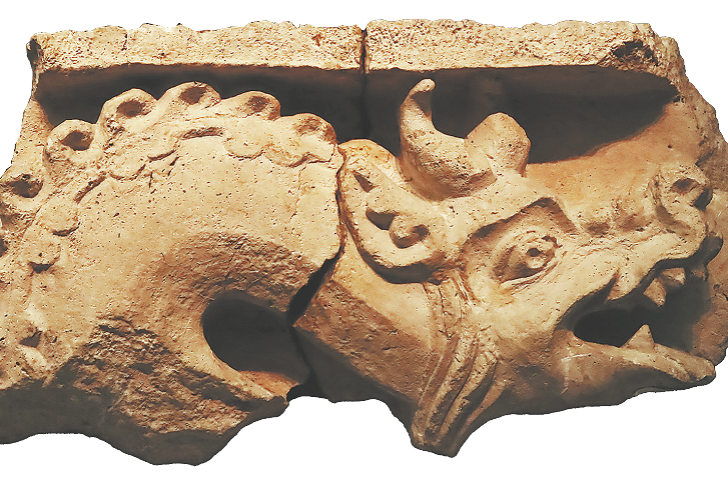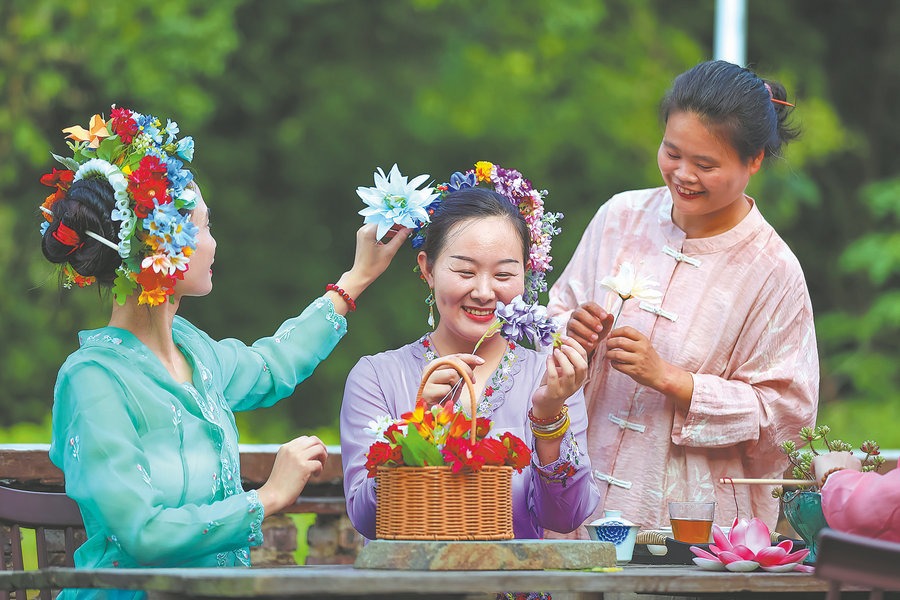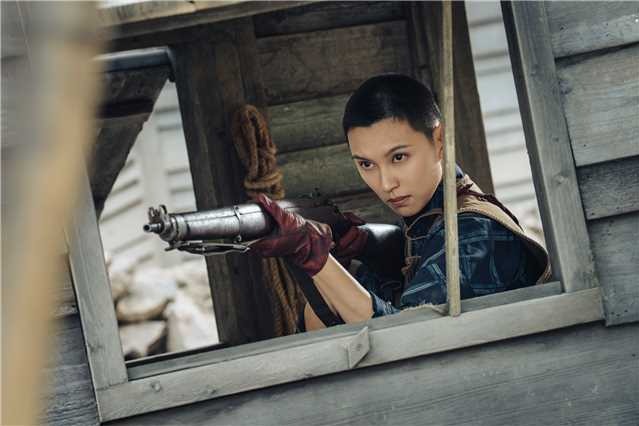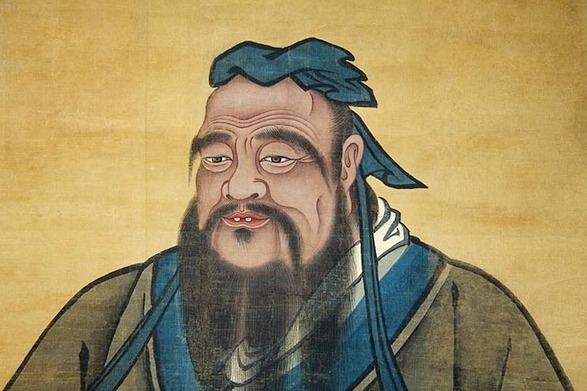Epic saga of survival in freezing wartime

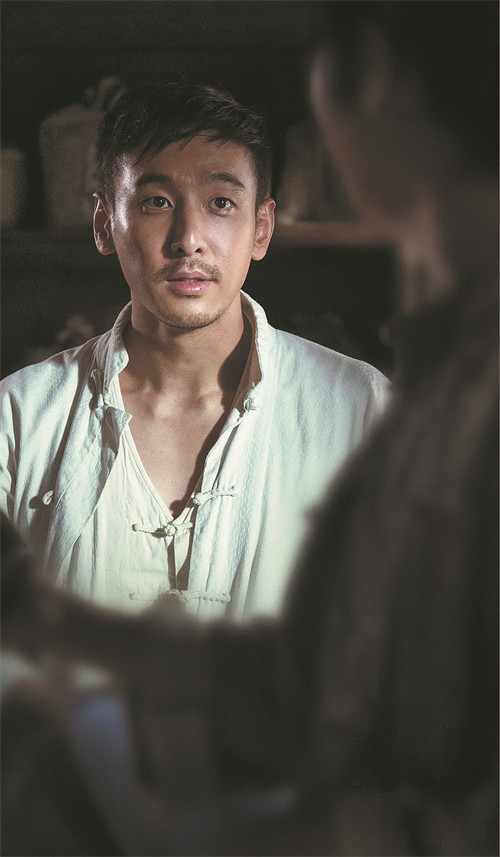
"I first heard about the project at a gathering with friends. When I learned it was written by Gao, a scriptwriter I greatly respect, I asked the producer if I could read the script. It was so gripping that, once I started reading at noon, I couldn't put it down, and read straight through until 4 am," recalls Zang.
Eager to be part of the project, he volunteered to serve as director and quickly began mapping out the details of the shoot — from structuring the story around four parallel lines that follow different groups of separated soldiers in the platoon, to carefully selecting the cast.
Authenticity became his guiding principle. To reflect the hunger and deprivation, he asked both actors and extras to appear gaunt. Actor Hu, who plays the platoon leader, went on a strict diet and exercise regimen, ultimately losing 18.5 kilograms for the role.
In the drama, one pivotal scene features a towering pine tree, which serves as the long-awaited meeting point for the scattered soldiers. Zang recalls that the crew spent a great deal of time searching for the perfect location before finally finding one on a mountain in Baishan, Jilin province.
"Cars couldn't reach the peak, so we had to trek for about an hour through heavy snow to reach the highest point, where the pine tree stood. I wanted the audience to feel its symbolism. The pine tree, resilient against the cold, embodies the indomitable spirit of the Chinese soldiers," says Zang.
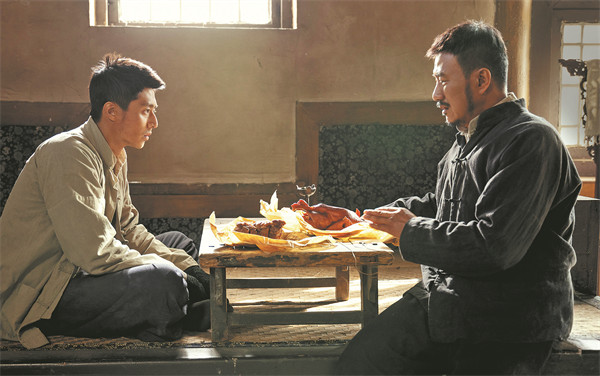
Filming lasted more than three months, with the crew traveling across Liaoning and Jilin provinces to overcome a range of challenges — from training actors in horseback riding to shooting a river-crossing scene in late September, when the temperatures had already dropped.
"The fight of the Chinese people in the northeastern provinces against Japanese invaders lasted 14 years, making it one of the most brutal and enduring chapters of World War II. The Northeast United Resistance Army had no supplies and no reinforcements. They persevered out of a deep conviction to safeguard their country and their people," says Gao.
"We hope that by revisiting this heroic chapter through the experiences of ordinary soldiers, younger generations will connect with the sacrifices of the past. It is a history that should never fade from memory," he says with emotion.


